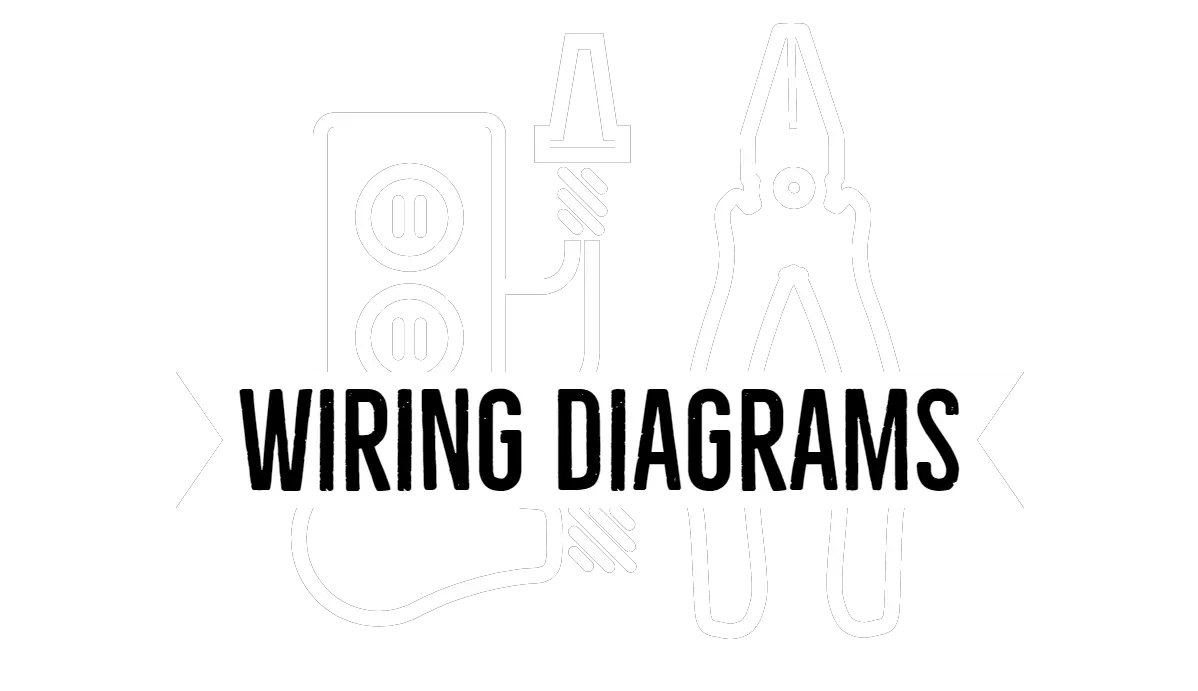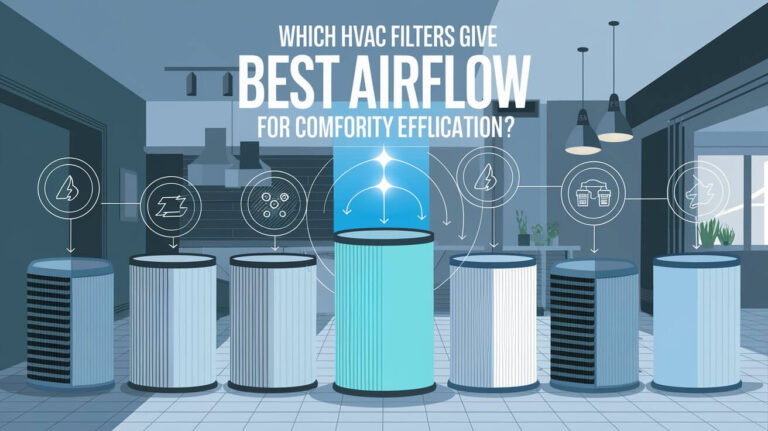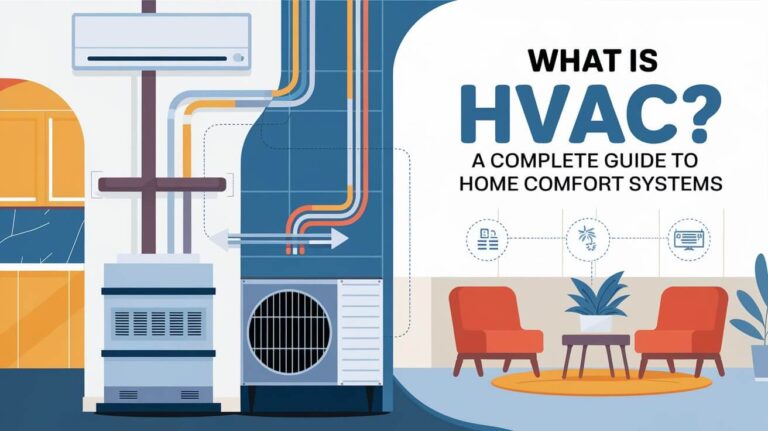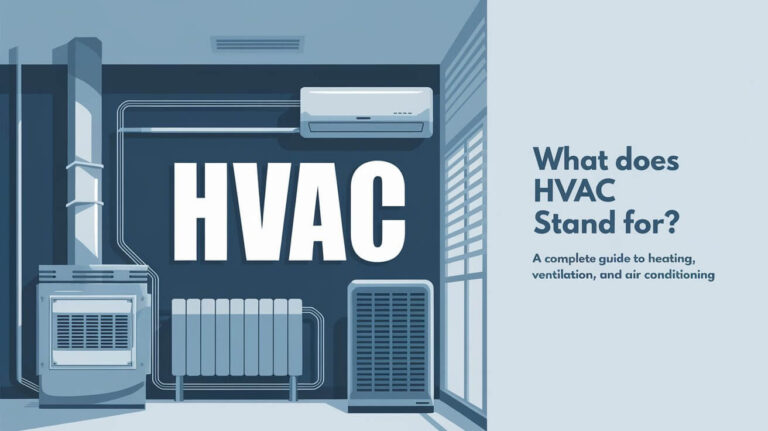How Much Do HVAC Techs Make in 2024? Salary Breakdown
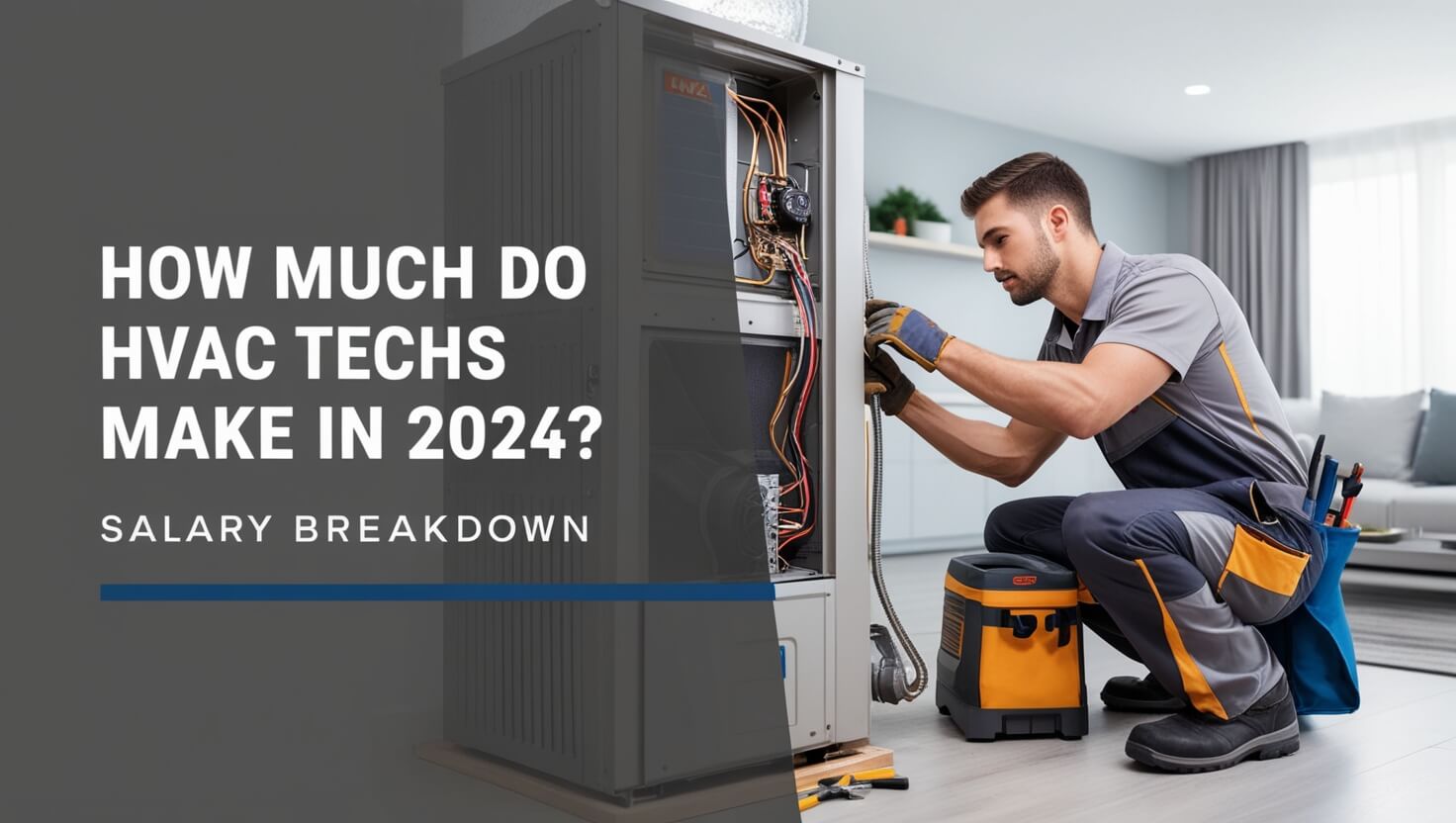
When considering a career as an HVAC technician, salary is one of the most important factors to consider. On average, HVAC technicians in the U.S. can expect to earn a competitive salary, but the amount can vary significantly depending on experience, location, certifications, and the specific type of work they do.
In 2024, the average salary for an HVAC technician ranges between $47,000 to $85,000 per year, depending on experience and location. Let’s dive deeper into what affects these figures and how HVAC techs can boost their earnings.
Average Salary for HVAC Technicians by Experience
Entry-Level HVAC Technician Salary
An entry-level HVAC technician, typically someone with 0-2 years of experience, can expect to earn around $47,000 per year. However, wages can vary based on where you work. For example, an entry-level HVAC tech in San Francisco or New York might earn over $55,000 annually due to the higher cost of living in these cities.
HVAC techs in smaller towns or rural areas may start closer to $40,000, but lower living costs often balance out the wage difference. The early years of an HVAC career focus on gaining hands-on experience, and techs can quickly increase their earnings by honing their skills and gaining certifications.
Mid-Level HVAC Technician Salary (2-4 Years)
With a few years of experience, HVAC technicians typically see a significant salary bump. Technicians with 2-4 years of experience earn between $56,000 and $60,000 annually. This jump is often attributed to mastering the more complex systems and tasks in the HVAC field, including troubleshooting and installing larger units.
Mid-level techs who also pursue additional certifications, such as EPA 608 certification or NATE (North American Technician Excellence) certification, often command higher salaries as these credentials signal greater expertise to employers.
Senior-Level HVAC Technician Salary (4+ Years)
For HVAC techs with 4 or more years of experience, salaries often climb beyond $63,000, with seasoned professionals and supervisors earning upwards of $85,000 per year. Technicians in management or those handling commercial or industrial HVAC systems typically fall in the higher end of this range.
The wide range in pay for experienced HVAC professionals reflects the complexity and scale of work performed in commercial settings, such as office buildings or industrial plants, where technicians need advanced skills to manage large systems.
HVAC Technician Salary by State and City
Top-Paying States for HVAC Techs
The highest-paying states for HVAC technicians in 2024 are those with higher living costs or higher demand for HVAC services. Technicians in California, Massachusetts, New York, and Alaska can earn between $70,000 and $85,000 annually, especially in cities like San Francisco, Los Angeles, and New York City.
In California, for example, the average HVAC technician salary is over $61,000 per year, while some experienced techs make well over $80,000. The high cost of living in these states drives up wages, and HVAC services are always in demand due to the extreme weather in certain parts of these regions.
Cost of Living Impact
It’s essential to consider the cost of living when evaluating salaries. HVAC technicians working in urban areas like New York City or San Francisco will often earn more than their counterparts in smaller towns or rural areas, but living costs in these cities are also higher.
For instance, the entry-level salary in West Virginia or Wyoming might be closer to $46,000, but these states have a significantly lower cost of living. So while wages may seem lower, technicians in these regions may enjoy a better work-life balance or more affordable housing options.
State-by-State Salary Comparison
Here’s a brief comparison of average HVAC technician salaries across several states:
- California: $61,200
- Massachusetts: $68,300
- New York: $64,900
- Florida: $51,600
- Texas: $52,400
- Alaska: $70,100
This variation shows how geography plays a significant role in determining salary. States with extreme weather conditions, high urbanization, or strong industry presence often offer higher wages due to higher demand for skilled HVAC technicians.
Factors That Affect an HVAC Technician’s Salary
Certification and Specialization Impact
One of the most significant factors affecting an HVAC technician’s salary is certification. HVAC professionals who earn certifications like NATE or EPA 608 often see higher wages. These credentials demonstrate advanced skills and knowledge in specific areas of HVAC, such as installation, maintenance, and environmentally safe refrigerant handling.
Specializations in areas like industrial HVAC, commercial HVAC, or marine HVAC can also boost salaries significantly. For example, commercial HVAC technicians who manage large systems in office buildings or factories tend to earn more due to the complexity of their work.
Experience and Skill Level
Experience is another major determinant of salary. As technicians gain more experience, their earning potential increases. Entry-level positions typically start around $47,000, but with 4-5 years of experience, that number can rise to $60,000 or higher.
Additionally, techs who develop advanced troubleshooting skills or are proficient in installing complex HVAC systems can command higher pay.
Location and Cost of Living
As previously discussed, location has a huge impact on HVAC salaries. Urban areas with a higher cost of living generally offer higher salaries, while more rural areas tend to pay lower wages. However, the lower cost of living in rural areas often balances out these differences.
HVAC Technician Salary by Industry
Residential vs. Commercial HVAC Technician Salaries
HVAC technicians can specialize in either residential or commercial HVAC systems. Those working in residential settings typically earn slightly less than their commercial counterparts. Residential HVAC techs handle smaller units, such as those found in homes and apartments, with salaries ranging between $47,000 and $60,000.
In contrast, commercial HVAC technicians earn more because they work on larger, more complex systems found in office buildings, factories, or hospitals. Commercial HVAC systems often require additional skills, including knowledge of energy efficiency standards, and salaries in this sector can range from $60,000 to $85,000 or more, depending on the technician’s experience and location.
Specialized HVAC Fields: Industrial and Marine HVAC
Technicians working in industrial HVAC or marine HVAC roles often see the highest salaries in the field. These professionals deal with complex and large-scale systems, sometimes in hazardous environments, which increases the level of expertise required. In these specialized fields, salaries can range from $75,000 to $90,000 or more, especially for experienced techs handling critical infrastructure or large-scale industrial machinery.
How to Increase Your HVAC Salary
Pursuing Advanced Certifications
One of the best ways to increase your HVAC salary is by obtaining advanced certifications. Popular certifications like NATE, HVAC Excellence, and EPA 608 allow technicians to demonstrate expertise in specific areas and lead to higher-paying job opportunities. Certifications not only increase your knowledge but also make you a more attractive candidate for high-demand positions.
Union Membership
Joining an HVAC union can also boost salaries. Unionized HVAC technicians typically earn higher wages, receive better benefits, and have greater job security than non-unionized workers. Unions negotiate on behalf of workers to ensure competitive pay and safe working conditions, making this an attractive option for techs looking to maximize their earnings.
Geographical Relocation
Relocating to a state with higher demand or a higher cost of living can significantly boost your salary. As mentioned, moving to states like California, Alaska, or New York can increase your annual earnings by as much as 20% or more. However, it’s important to weigh these gains against the higher living costs in these regions.
Comparing HVAC Salaries to Other Trades
HVAC Technicians vs. Electricians and Plumbers
While HVAC technicians earn competitive wages, their salaries are often slightly lower than those of other skilled trades. For instance, plumbers earn an average of $59,880 per year, and electricians make around $60,040 annually.
Despite this, HVAC techs enjoy strong job security and steady demand due to the essential nature of heating and cooling systems in homes and businesses. The growth rate for HVAC jobs is projected at 4%, which, while slower than electricians, still indicates healthy demand.
Future Job Prospects and Growth for HVAC Technicians
Job Growth Projections
The job market for HVAC technicians remains strong, with an expected growth rate of 4% through 2030. This steady growth is driven by the need for new installations, maintenance, and repairs, especially as more buildings adopt energy-efficient and environmentally friendly systems.
As HVAC technology advances, technicians will need to stay up-to-date with the latest trends, such as smart thermostats, sustainable HVAC systems, and the integration of cloud-based service management tools. Those who embrace these changes and continue their professional development will find plenty of opportunities for career advancement.
Common Questions About HVAC Technician Salaries
What is the Hourly Wage for an HVAC Technician?
HVAC technicians typically earn between $21 and $29 per hour, depending on their level of experience and the region they work in. More experienced techs, especially those in high-demand states, can make over $40 per hour in certain situations.
Do HVAC Technicians Get Overtime Pay?
Yes, many HVAC technicians have the opportunity to earn overtime pay, especially during peak seasons when demand for heating or coolingperiods can significantly increase. Many HVAC techs work in emergency situations or respond to service calls after hours, which allows them to earn overtime pay. This can significantly boost their annual income, especially during the busiest seasons of the year—typically summer and winter when heating and cooling systems are under the most stress.
What Are the Best Certifications to Increase HVAC Salary?
Certifications are crucial in increasing an HVAC technician’s earning potential. Some of the top certifications that can boost salaries include:
- EPA 608 Certification: Required for technicians who work with refrigerants.
- NATE Certification: Recognized as a mark of excellence in the HVAC industry, this certification covers a range of specialties like installation and service.
- HVAC Excellence Certification: This is another highly regarded certification that can enhance a technician’s credibility and command higher wages.
Technicians with these certifications are often considered more skilled and knowledgeable, which employers typically reward with higher pay.
Conclusion
In 2024, HVAC technicians earn between $47,000 to $85,000 per year, depending on their experience, location, and industry specialization. While entry-level technicians start closer to $47,000, with experience, certifications, and strategic choices like relocating to high-demand areas or specializing in commercial HVAC, it’s possible to reach salaries upwards of $85,000.
The HVAC industry continues to grow steadily, with increased demand for energy-efficient systems and sustainable solutions, making it a promising field for those seeking a stable and lucrative career. By pursuing certifications, gaining experience, and staying up to date with industry trends, HVAC technicians can maximize their earning potential and enjoy a fulfilling career path.
